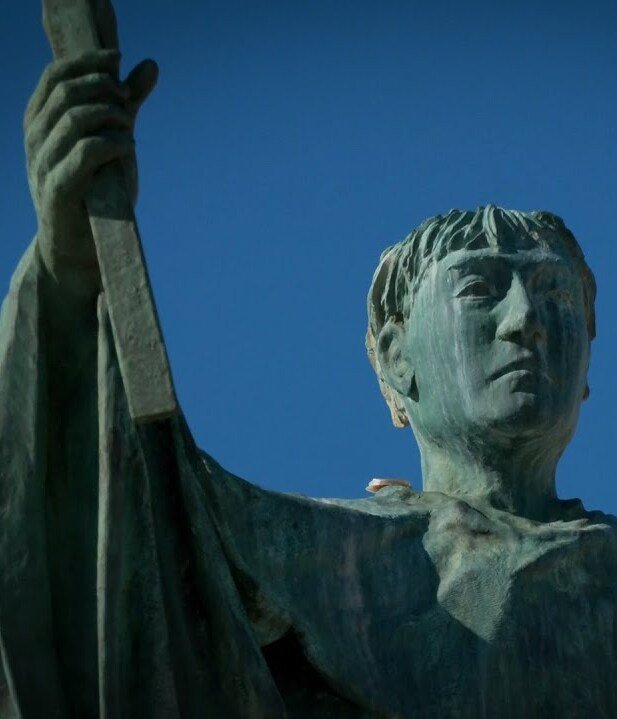Blessed Gonzalo of Lagos
Today's commemoration honors the life of a Portuguese Augustinian, Blessed Gonzalo of Lagos, who dedicated his energies, humbly and joyfully, to the service of the common people of his day.
A man of learning, endowed with many talents, he chose to serve those most in need, both within and outside the monastery, giving evidence of his deep humility and simplicity. He illustrates well the injunction: the gift you have been given, give as a gift.
Gonzalo was born about the year 1360, in Lagos (Algarve), in the south of Portugal, the son of a fisherman. He joined the Augustinians in Lisbon around 1380 and became a distinguished theologian and preacher. His special interest, however, was to instruct children, laborers, and the uneducated, with whom he always maintained a close rapport.
He was also a gifted artist, and used this talent to illustrate liturgical books for the monasteries of Lisbon and Santarem. Gonzalo was appointed religious superior in several Augustinian communities, some of them extremely poor, where he enjoyed serving his brothers even in the humblest tasks. In 1412 he was named Prior of the friary of Torres Vedras, not far from Lisbon, where he lived for the remainder of his life. There he continued his tireless activity in service to the poor who held him in great reverence.
Gonzalo died in Torres Vedras on October 15, 1422 and his remains were interred in the Church of Our Lady of Grace, once in the care of the Augustinians. Gonzalo is revered as the patron of the youth of the Diocese, as well as of fishermen and sailors. Pius VI declared him Blessed on May 23, 1778.
Blessed Gonzalo, born to working class parents who earned their livelihood through daily manual labor, never lost touch with his roots. Though he became a learned theologian and notable preacher, he remained always close to the people who shared his background and devoted himself to their service, putting the gifts God had given him to use for their benefit. A man of authentic humility, filled with the simple spirit of generosity, the affection of the people for Gonzalo was the ultimate proof of his own devotion to them.


